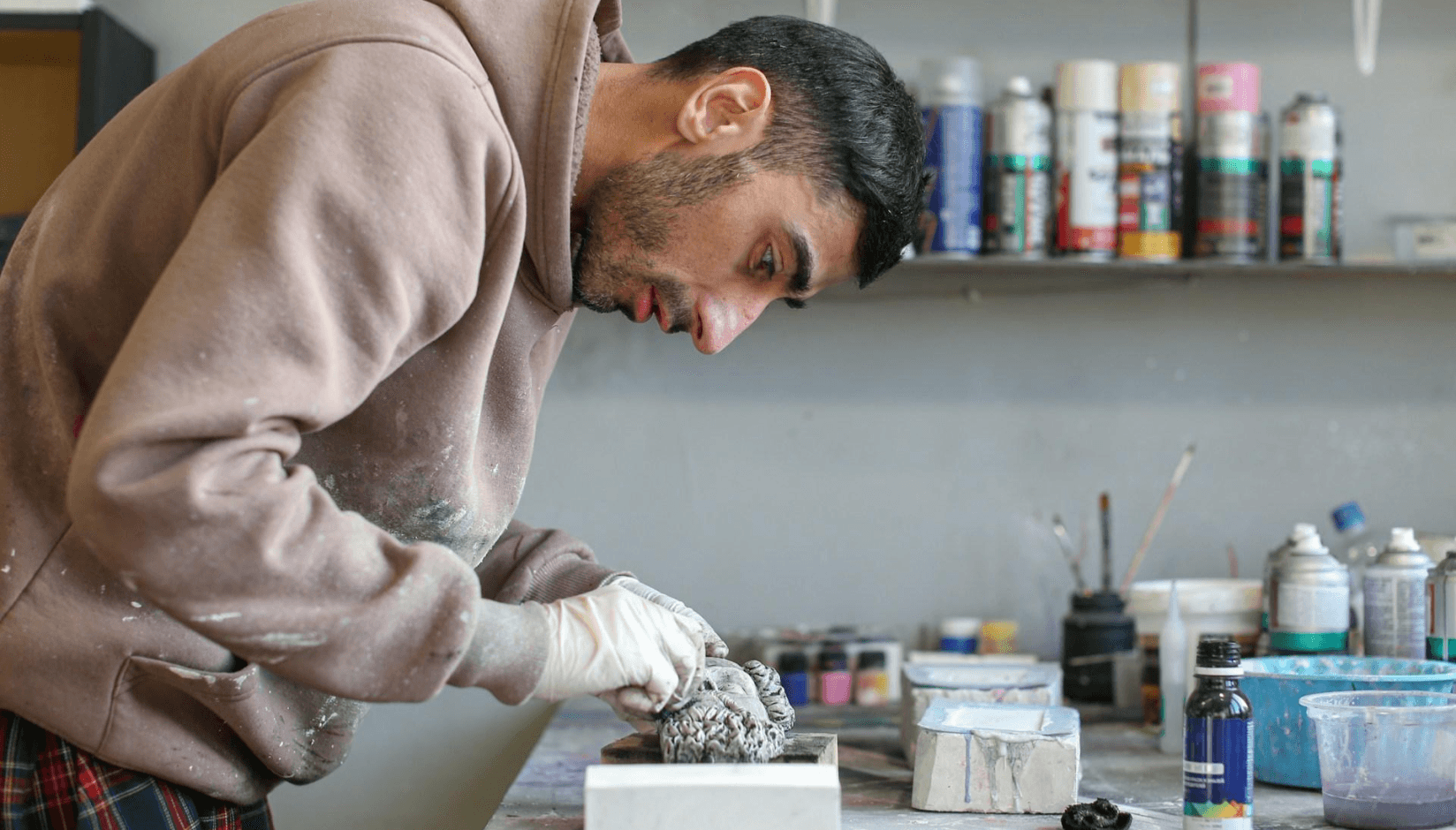- Features
- Solutions
- Pricing
- Resources
- Contact
- Book a demo
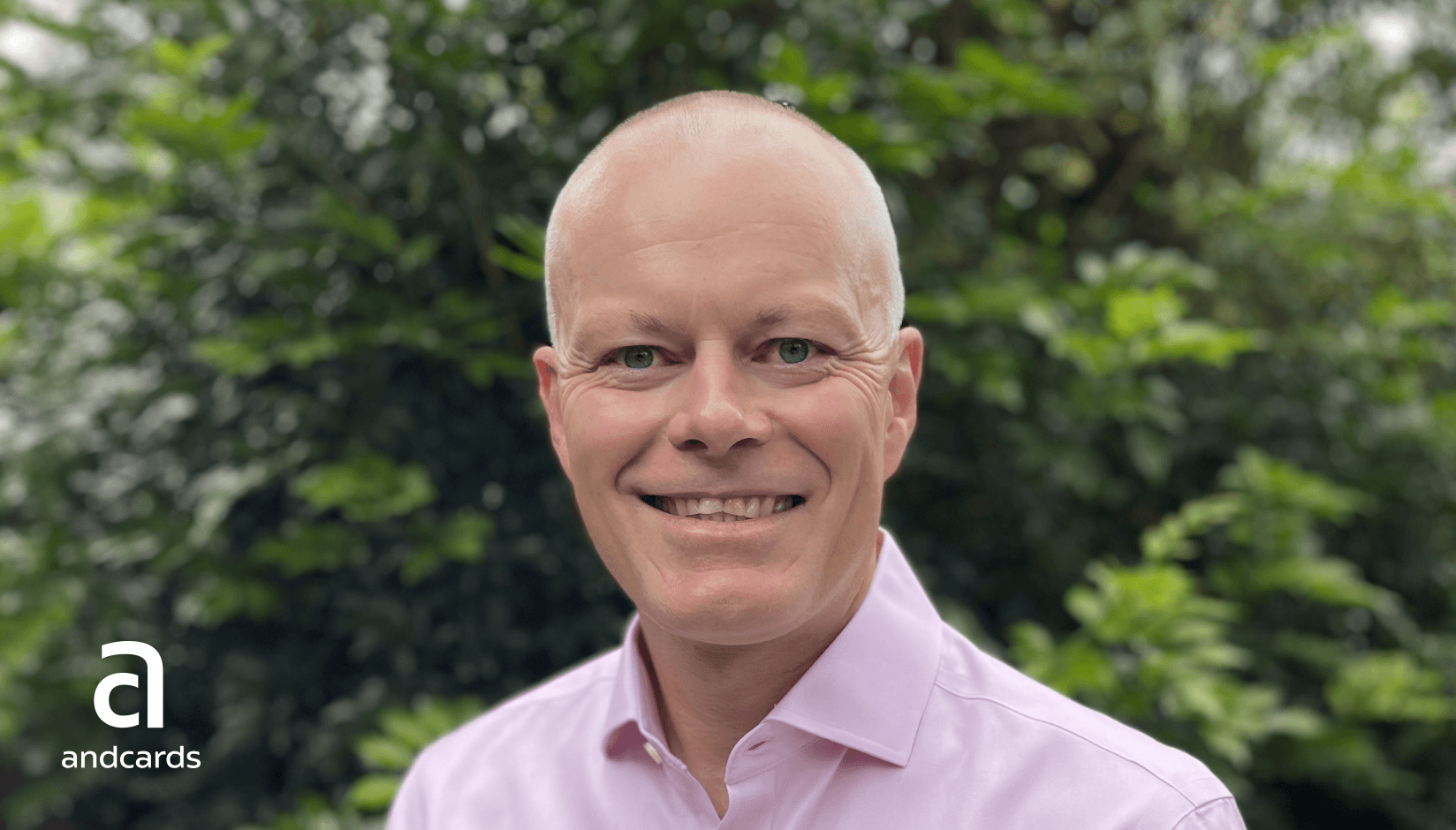
Table of Contents
Hub Australia is known as one the fastest growing coworking space operators in Australia, with locations in Melbourne, Sydney, Canberra, Brisbane, and Adelaide.
It all started in distant 2011 when Aussies learned what is coworking. But how did Hub Australia walk all this way from zero to hero? What challenges did the brand meet along the way? What drives the team now, and how do they see Hub’s future?
Let’s ask these questions John Preece, the chief property officer of Hub Australia and property expert with 20 years of experience at such famous companies as CBRE, DTZ, and Knight Frank, both in Australia and in Europe.
Let’s go!
1. Founded in 2011, Hub was Australia’s flexible workspace pioneer. Please name the key challenges experienced by the trendsetter brand.
John: Coworking in 2011 was a very different experience compared to today’s market here in Australia, and Hub’s first site was 200 sqm in a quirky building in Melbourne. The challenge was that sites of this size will always struggle to be profitable: they cannot support the broad range of amenities and services that today’s consumer requires, and are certainly not scalable to a national portfolio.
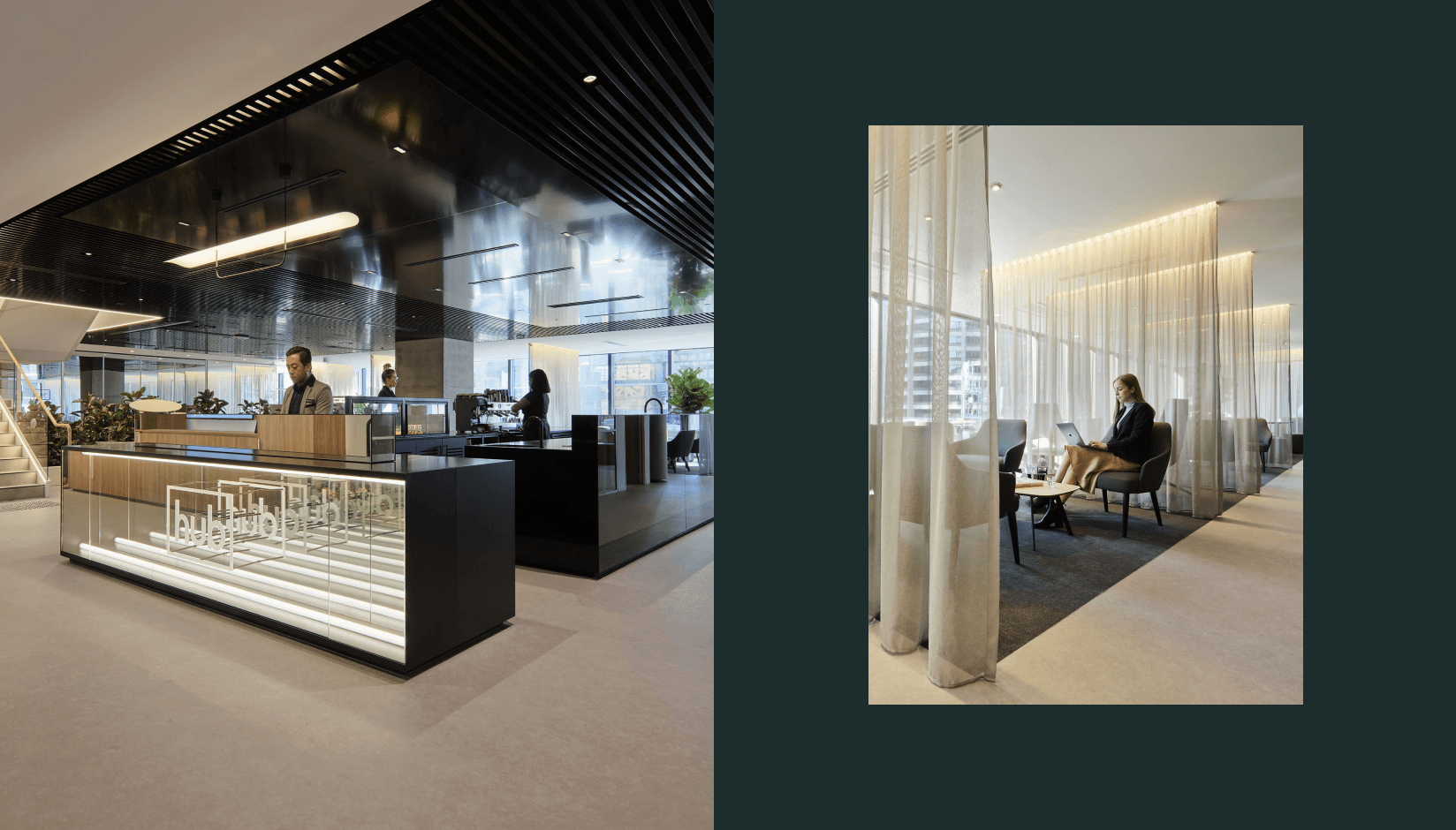
As such, creating much larger sites, and bringing in hospitality-led services was essential. But all of this attracts a significant cost and securing that financial backing as a small startup is not straightforward.
One of the main challenges was not necessarily recognizing a market opportunity, but actually generating the financial backing to pursue that opportunity.
2. How did Hub’s challenges change with time?
John: With proof of the new format of coworking, and with hospitality-led services and amenities as a key differentiator, Hub became more attractive to investors, and finance was secured to grow the business. The key challenges then were managing the growth of the business, investing in the centralized resources required to support that growth, and timing all of this to maintain a balance between trading profits and investment in the future.
The challenges of growth still remain. We plan to double in size over the next three years – creating a much larger national portfolio to serve our customers – and this requires continual investment in people, processes, and systems to support the scaling business.
3. What innovative solutions helped Hub Australia keep its leading position in the market?
John: Hub is, first and foremost, a hospitality business, and this is the foundation on which all of our business decisions are made. We exist to ensure that all of our customers, their employees and guests, and Hub’s own employees have a great day at work.
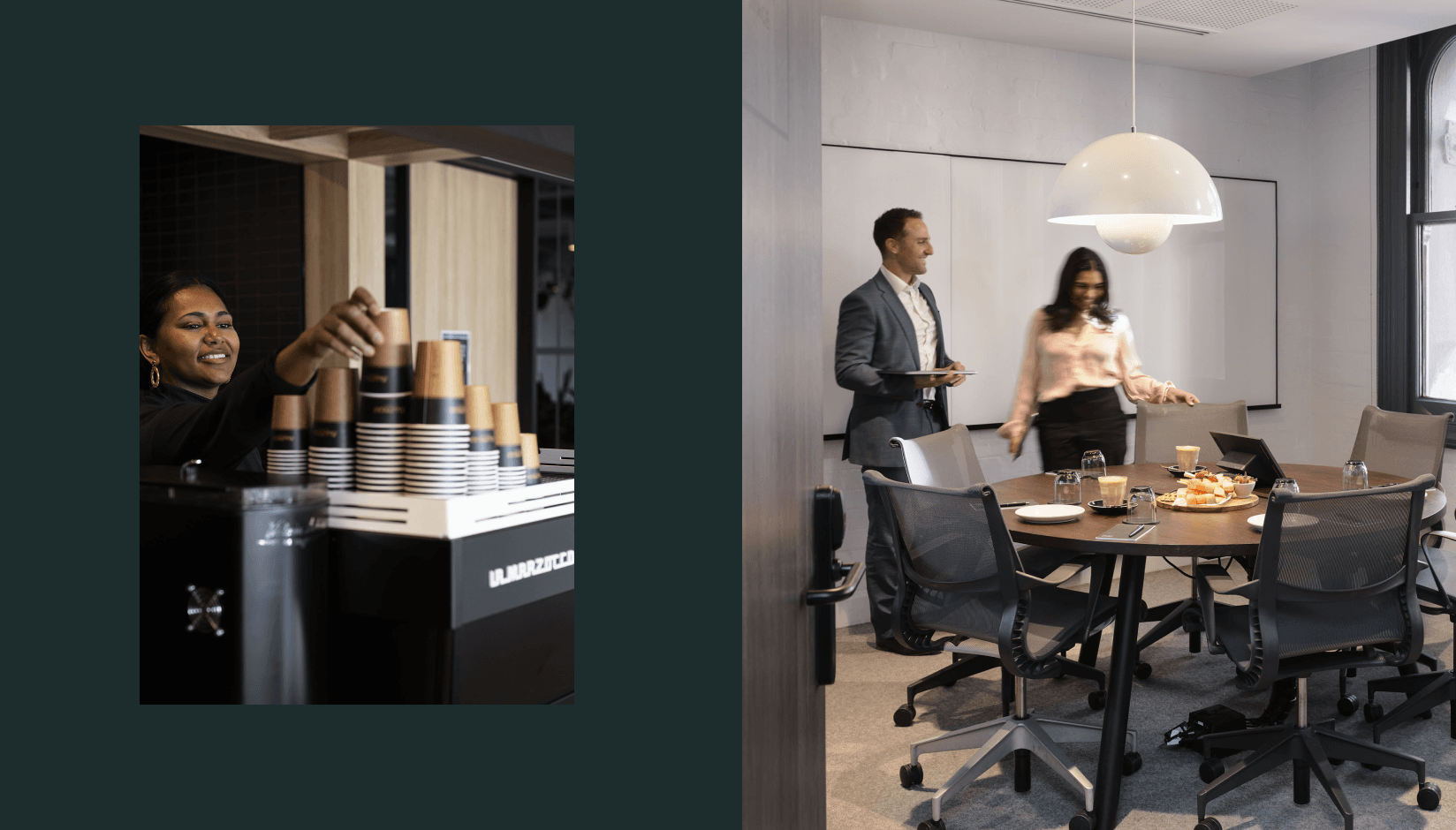
Others in our sector provide offices and focus on the desk as the product that is sold. At Hub, we know that for a productive day at work, amenities, service, and flexibility are actually more important than the desk. The desk is little more than a commodity.
From a service and amenity perspective, we are always seeking to innovate to meet the expectations of our customers in the physical amenities, services, and ancillary products we offer.
4. Hub Australia is known for its focus on customer experience. What is there for members that can’t be found in any other space?
John: We feel that our focus on hospitality-led service is our key differentiator that enhances our customer experience. We have a dedicated customer experience team, whose sole focus is the creation of programming and products that genuinely add value to our customers.
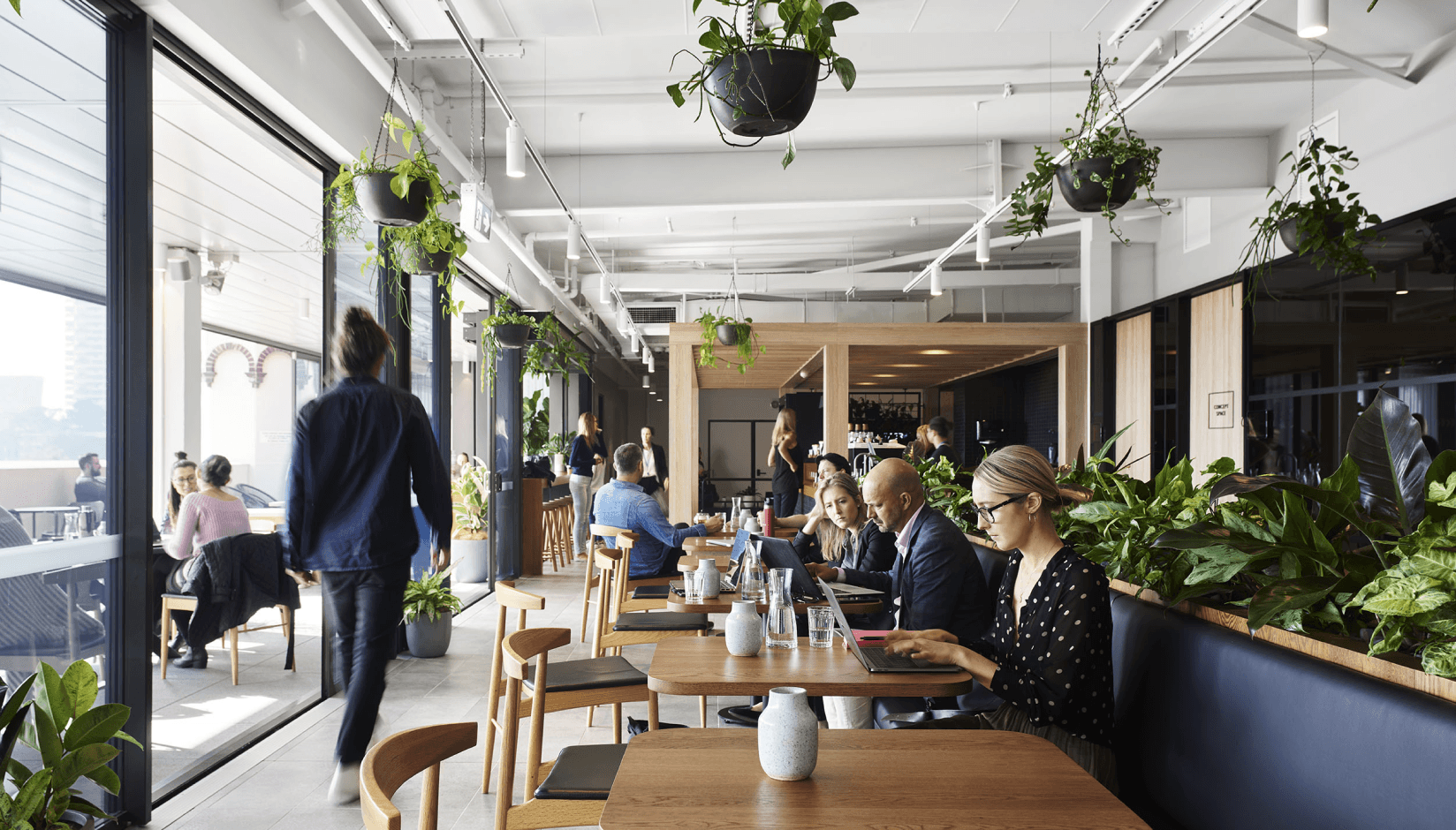
Our investment in creating a Great Places to Work certified workplace for our Hub team is the most important factor in delivering a great customer experience because we believe that creating a great working environment for Hub’s own team will invariably mean that our team passes on that great experience to our customers, their employees and their guests.
So, I would say that our amazing team, focus on our customers, and hospitality-led services all combine to provide the foundation for a great customer experience.
5. Does technology help you improve customer experience? In which ways?
John: Technology plays a critical role in any business, and ours is no different. Technology is often the first touch point for a new customer to interact with Hub, so we have the opportunity to create a great experience from the outset of our relationship with that customer.
However, we also recognize that any hospitality business relies heavily on its people and how they interact with our customers, so the technologies we deploy have to support and complement the efforts of our team, reducing administrative tasks so they have more time to spend on customers.
At a practical level, our customers all have access to the Hub app through which they can book amenities and interact with other customers in our spaces, and resolve any issues that might arise.
Generate recurring revenue and offer exceptional customer experience at your shared or coworking space
We also track utilization, temperature, and CO2 levels in all of our spaces, with the data displayed in the space in real time so that every customer can have confidence in the quality of the environment they are working in.
6. What tactics for attracting new members work best for you?
John: First and foremost, we have to ensure that all of our existing customers, their employees and guests, and Hub’s own employees have a great experience at Hub. Referrals are a powerful way to attract new customers, but also a savage way of putting people off if there are bad reviews.
We are meticulous about our premium brand and how our brand is carried in the market, which is the foundation for potential customers being attracted to Hub over our competitors.
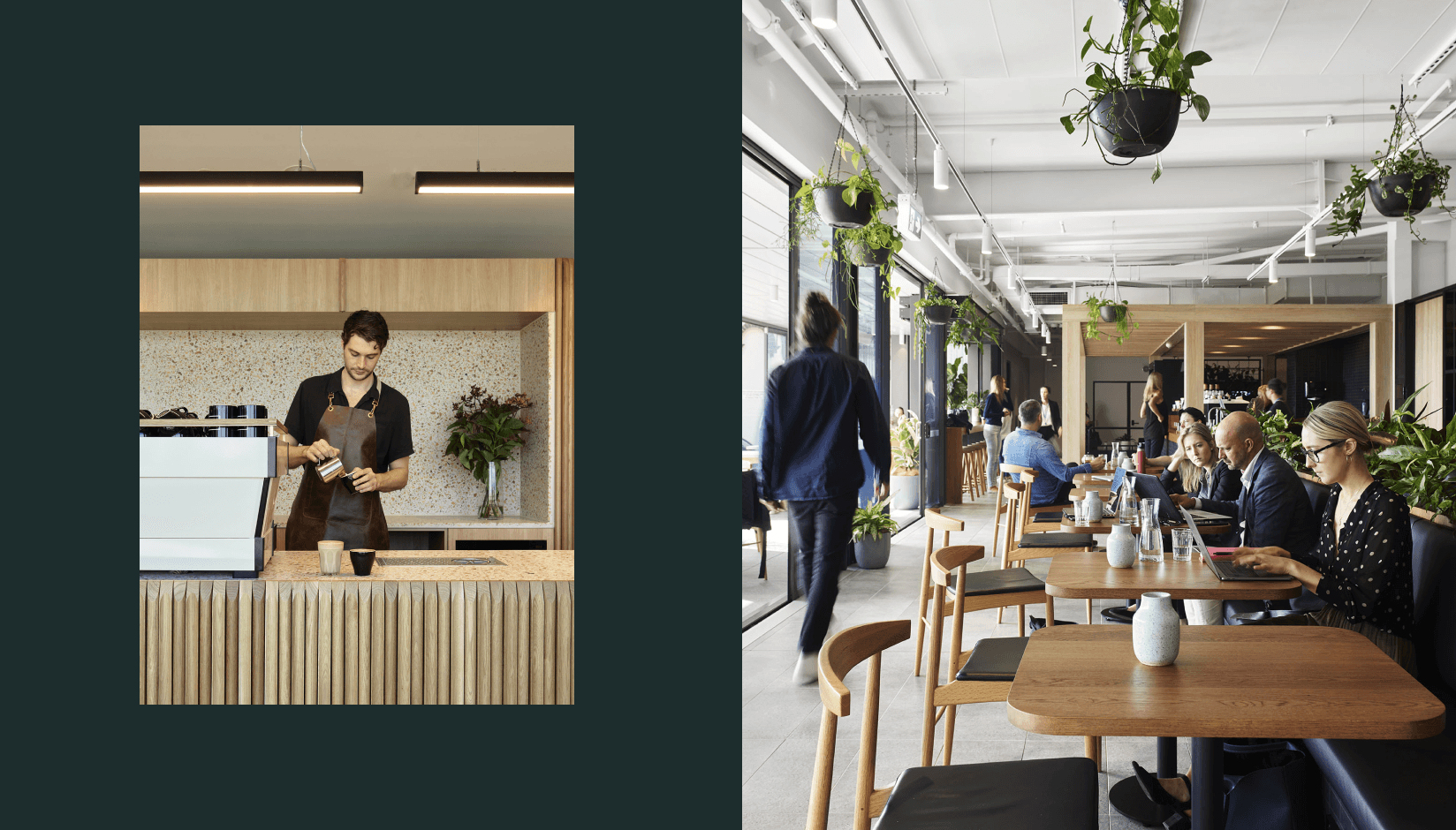
From a sales perspective, we invest heavily in online digital marketing to attract customers to Hub, and a customer support team to assist with any inquiries we receive. This ensures that we can control the interaction that the customer has with Hub from the outset, and our own team, who understand the services that we offer, can create a bespoke solution for each customer.
7. Could you please share a few member-retention secrets with our readers?
John: Great service, great service, and great service!
Customers might initially come to your space because they need flexibility, but the great service is what will retain them in the longer term.
8. What are the key revenue components for Hub Australia?
John: We have multiple revenue streams in our business. Workspace fees are the major source of revenue (offices, suites, dedicated desks, and flexible memberships), but we also have a hospitality business with cafés, bars, serviced meeting and event spaces, virtual office, day passes, desk share, and Hub Connect (an all-access membership).
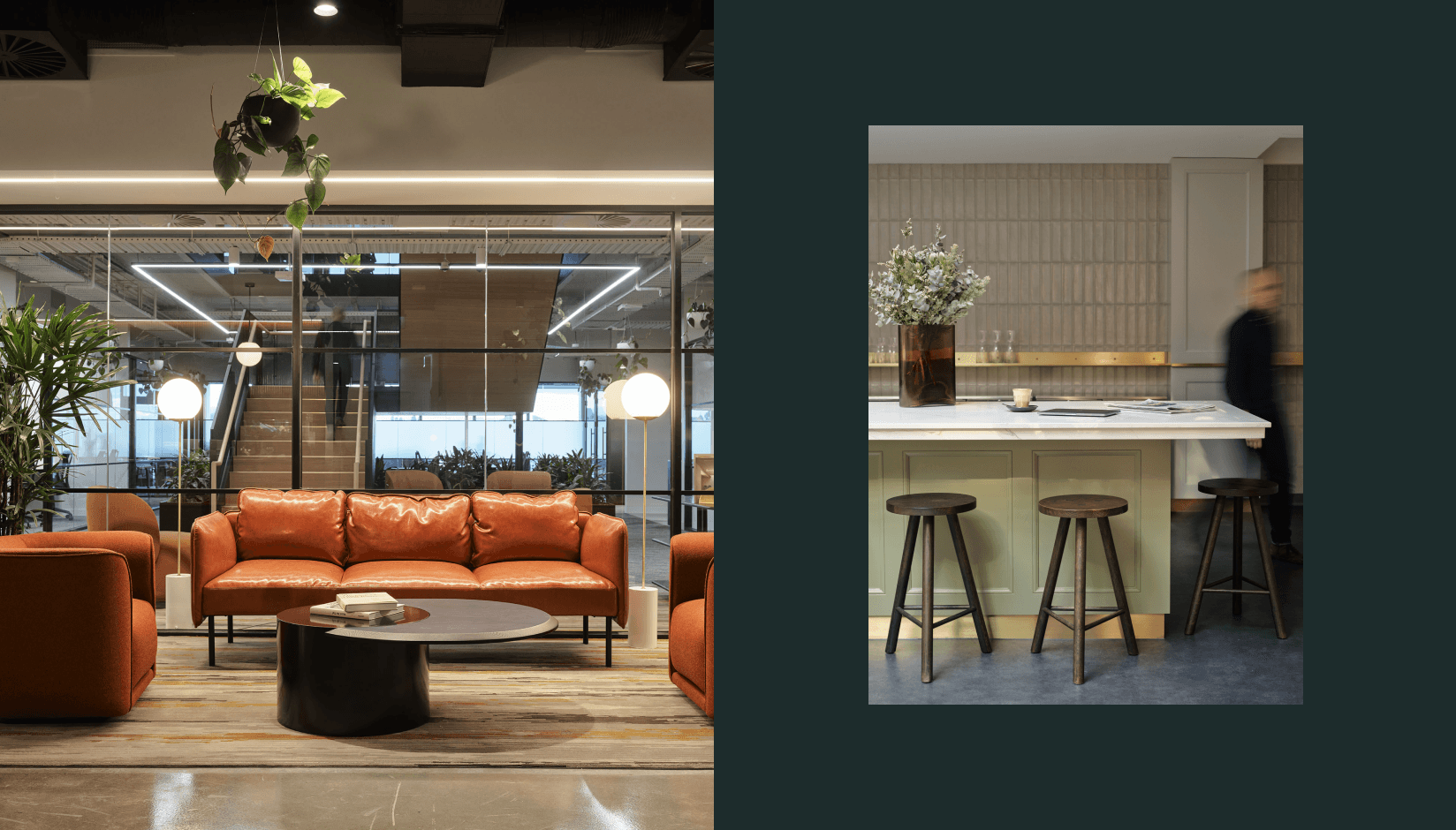
Ancillary revenues include onboarding and offboarding customers, space customizations, lockers, bike racks, car parking, technology services, and mail services.
9. What would you recommend to coworking operators dreaming of growing their businesses to multi-branch corporations?
John: To quote Simon Sinek, start with the why. Why do you want to grow? Why would growth benefit your customers? Why is scale important?
There are operators with large national or global networks, and there are operators who cater to niche local markets, and both can be a success in their own right. Growth for the sake of growth isn’t a strategy, so if you are going to expand, ensure that your reason for doing so – and strategy to deliver growth – is very well thought through.
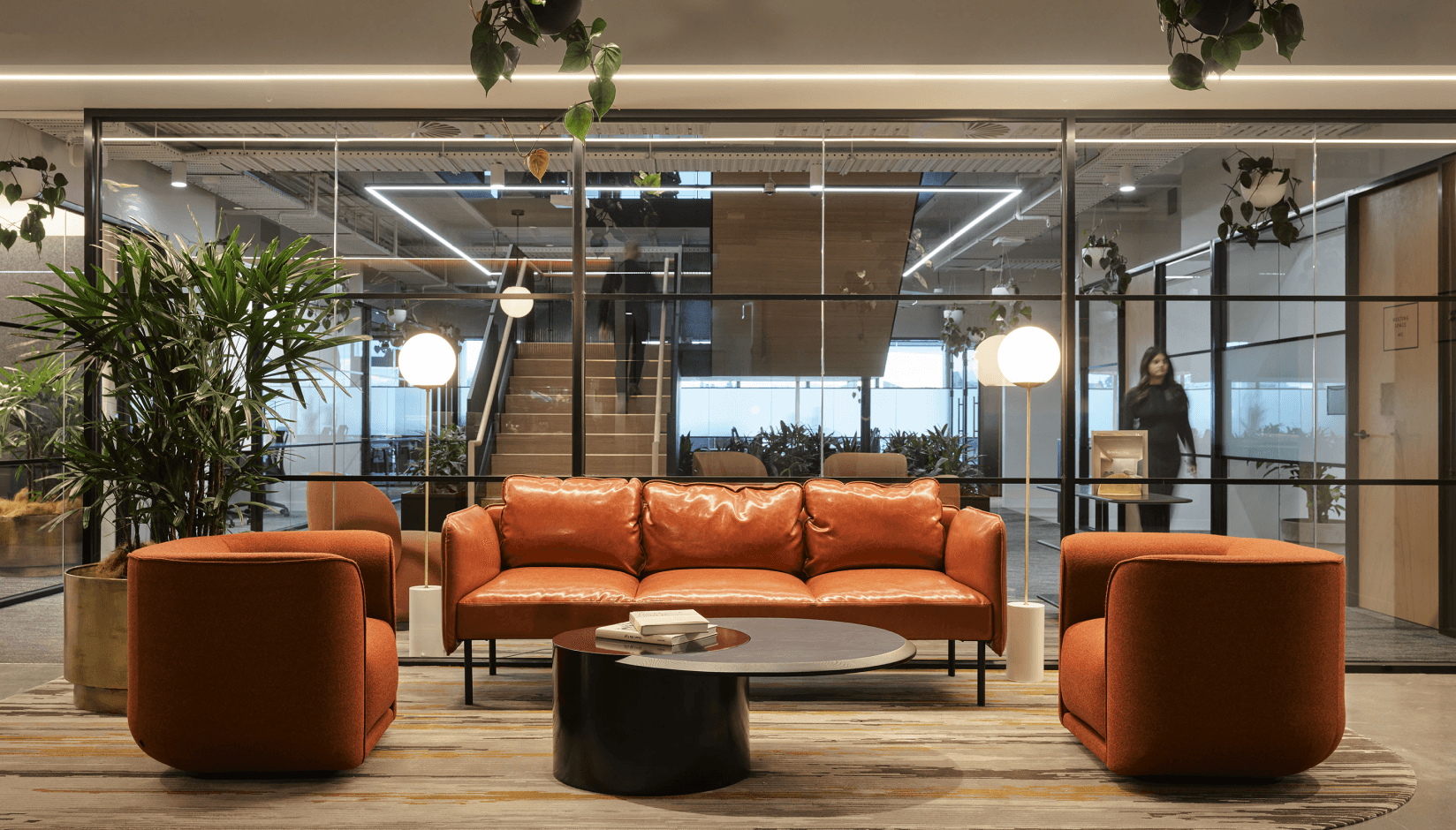
You will likely need to take on board equity investment and debt, so your business plan will need to be robust as it will be subject to scrutiny. And you will need rigor at the board level, so think about who will sit on your board from within your business and from outside.
Underlying all of this, you will need to completely understand how you will differentiate from other operators in your market because there any many of them today, and competition will only become more fierce as the industry expands. What is your why?
10. We know Hub has already expanded to suburban areas. Should we expect the global expansion of the brand in the future?
John: Not in the short term. Australia is a huge country, and we have much work to do here in order to expand our network across all cities and regions and maintain our premium positioning. Our goal is to be Australia’s best coworking operator, and perhaps when our customers tell us we have achieved that across all markets here, then we can turn our minds to new opportunities overseas.
Have more questions for John? Contact him on LinkedIn. Want to read more inspiring stories of successful brands? Sign up for our newsletter to get the coming interviews right in your inbox!



